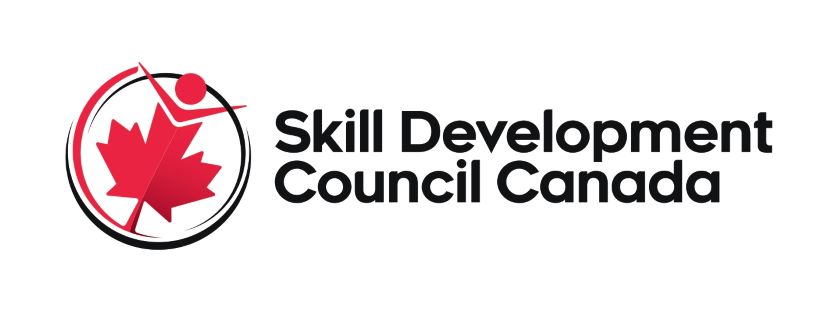Diploma in Spill Prevention, Control, and Countermeasure (SPCC)
Course Overview: The Spill Prevention, Control, and Countermeasure (SPCC) course provides comprehensive training on preventing, controlling, and responding to spills of oil and hazardous substances. Participants will gain an understanding of regulatory requirements, best practices, and techniques for safeguarding the environment and minimizing risks associated with spills.
Learning Objectives:
- Understand the regulatory framework surrounding SPCC, including relevant laws and regulations such as the Clean Water Act and the Oil Pollution Prevention regulations.
- Identify potential sources of oil and hazardous substance spills in various industrial and commercial settings.
- Learn strategies for preventing spills through proper storage, handling, and maintenance procedures.
- Develop skills for effectively responding to spills, including containment, cleanup, and reporting protocols.
- Explore methods for evaluating and mitigating environmental impacts of spills, including soil and water contamination.
Qualification Structure: The Diploma in Spill Prevention, Control, and Countermeasure (SPCC) consists of 7 mandatory units for a combined total of 12 credits, 120 hours of Total Qualification Time (TQT), and 60 Guided Learning Hours (GLH) for the completed qualification.
Course Content:
Module 1: Introduction to SPCC
- Overview of SPCC regulations.
- Importance of spill prevention and control.
- Key terminology and definitions.
Module 2: Regulatory Framework
- Clean Water Act and other relevant legislation.
- SPCC requirements for different industries.
- Compliance obligations and enforcement.
Module 3: Spill Prevention Measures
- Identifying potential spill sources.
- Engineering controls for spill prevention.
- Best practices for storage and handling of oil and hazardous substances.
Module 4: Spill Response Procedures
- Emergency response planning.
- Containment strategies and equipment.
- Cleanup techniques and materials.
Module 5: Environmental Impacts and Mitigation
- Assessing environmental impacts of spills.
- Soil and water contamination remediation.
- Reporting and documentation requirements.
Module 6: Case Studies and Practical Exercises
- Analyzing real-world spill incidents.
- Role-playing exercises for spill response scenarios.
- Review and discussion of lessons learned.
Module 7: Compliance and Continual Improvement
- Conducting SPCC inspections and audits.
- Updating SPCC plans based on lessons learned.
- Continuous improvement strategies for spill prevention and response.
Duration and Delivery: The qualification will be flexible in its delivery to accommodate part-time and distance learning. The Diploma in Spill Prevention, Control, and Countermeasure (SPCC) program will typically span over 02 to 03 months, including classroom lectures, practical exercises, distance, and online.
Assessment and verification: All units within this qualification are internally assessed by the Fire Safety Management Institute. Learners must have a minimum of 50% marks in each unit to achieve a 'pass' grade for this qualification.


